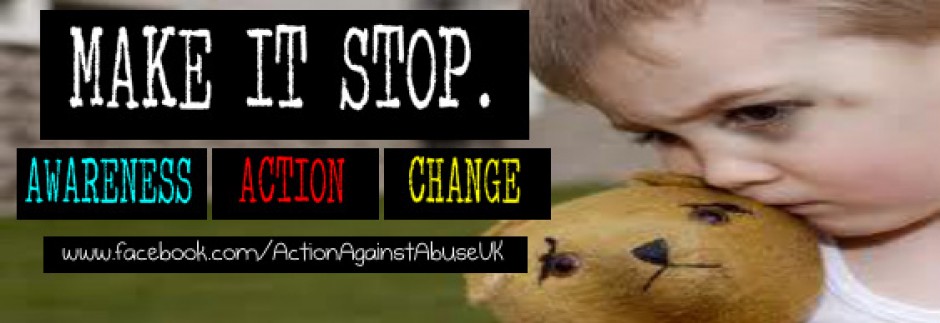The bullying of one child by another child or group of children can take place in any setting but most commonly takes place within a school.
Forms of bullying include:
· Name calling
· Making up things to get people into trouble
· Spreading rumours
· Threats and intimidation
· Remarks about others’ sexuality
· Taking ‘friends away’
· Ignoring and leaving out
· Insulting messages on the internet (cyber bullying)
· Silent or abusive phone calls
· Offensive text messages
· Hitting, pinching, biting, pushing and shoving
· Stealing
· Damaging others’ belongings
External Signs of Bullying
Signs that may give cause for concern are a child that:
· Comes home from school with cuts and bruises or torn clothes
· Asks for stolen possessions to be replaced
· ‘Loses’ their dinner money
Behavioral Signs of a Child Being Bullied
A child suffering from bullying may:
· Show signs of anxiety
· Be moody and bad tempered
· Be quiet and withdrawn
· Suffer insomnia
· Avoid leaving the house or pretend to be ill to avoid going to school
· Play truant
· Have recently fallen out with previously good friends
· Be aggressive towards siblings
· Do less well at schoolwork
What Parents Can Do to Help
Gentle questioning about school may help concerned parents discover if their child is being bullied.
Ask a younger child what they did, did they do anything they liked, did they do anything they didn’t like, who they played with, what games they played and did they enjoy them, would they have like to have played different games with someone else and are they looking forward to going to school tomorrow.
Ask older children whether they enjoyed school, are there any lessons they don’t like, what they did at lunchtime, is there anyone they’d like to invite home, is there anyone at school they don’t like and why and are they looking forward to going to school tomorrow.
Parents who discover their child is being bullied may feel angry, confused and guilty. They may want to confront the school or the perpetrators immediately but it is wisest to calm down, gather the facts and then approach the child’s school for help.
Always let your child know that they are loved, that you are there for them and willing to listen whenever they need you. If you are able to help your child build their self-esteem, they will be less effected by bullies.
Three key things to do…
“Listen without getting angry or upset,” says Sandra Hiller, Area Manager at Parentline Plus. “Put your own feelings aside, sit down and actually listen to what your child is telling you – then show you have done so by ‘playing back’ to them what you hear. Ask your child: “How do you want me to take this forward?” rather than just taking over so they don’t feel excluded from deciding what to do or end up even more stressed/worried than they were already.Don’t charge off demanding to see the head teacher, the bully or the bully’s parents. This is usually the very reaction children dread and, according to ChildLine’s counsellors, can cause bullying to get worse.
Reassure your child it’s not their fault. There’s still a stigma attached to bullying and some children feel they’ve brought it upon themselves. Remind them that many celebrities have been bullied – boxer Joe Calzaghe is one of them: “I’m proud to be the Patron for the children’s charity, Beatbullying (www.beatbullying.org),” he says. “I’m talking out now because I found it so impossible to speak up then.
I didn’t know where to turn. Now I have a voice and I want to use it to tell kids who are being bullied that the fault is not with them. Be honest, don’t be embarrassed, get help, and speak about it. Being bullied isn’t about being weak and being a bully isn’t about being strong.?
… And three things you shouldn’t…“Never tell your child to hit or shout names back,” says Sandra Hiller. “It simply doesn’t solve the problem and, if your child is under-confident (and most bullied children are) then it just adds to their stress and anxiety.”
Never dismiss their experience: If your child has plucked up the courage to tell you about bullying, it’s crushing to be told to “sort it out yourself” or “it’s all part of growing up.”
Further advice on bullying for parents, children and teachers
BullyingUK is part of FamilyLives and has a hotline you can contact for help and advice on any parenting issue on: 0808 800 2222
Information and support related to bullying from NSPCC Childline




